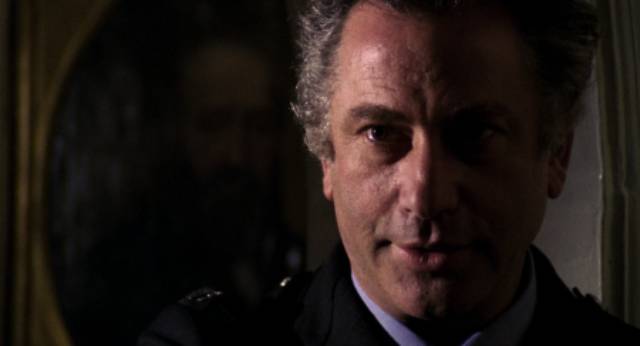
A pair of colourful Robin Hood adventures from Hammer Films and an atypical home-invasion thriller from action specialist Enzo G. Castellari are showcased in two recent releases from Indicator.
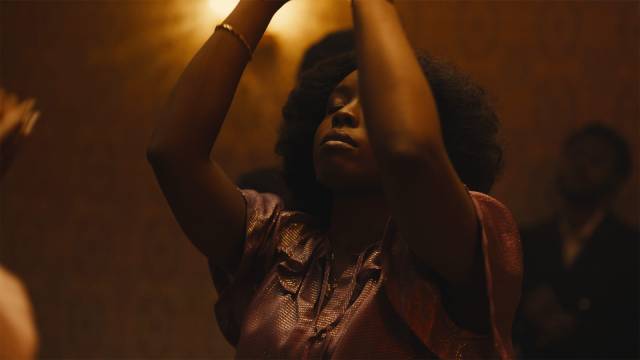
Small Axe (2020), Steve McQueen’s five-part film series for the BBC, corrects a glaring omission in British film and television’s treatment of the post-war history of social and political struggle and change; while the lives of the working class became increasingly visible in the ’60s and ’70s, issues of race remained largely unaddressed until this belated project created something like a parallel history to go alongside the classic work of filmmakers like Ken Loach and Alan Clarke. Criterion’s three-disk Blu-ray set also includes Uprising (2021), McQueen’s powerful three-part documentary (co-directed by James Rogan) about the New Cross fire and the subsequent Brixton Riots, which gives added context to the stories told in Small Axe.
![Alice Campos (Florinda Bolkan) searches for her own past in Luigi Bazzoni’s Le Orme (Footprints on the Moon [1975])](https://www.cageyfilms.com/wp-content/uploads/2023/03/footprints_01.jpg)
It’s taken me a while to work through some of the many Severin box sets that have been piling up over the past year – the folk horror set All the Haunts Be Ours, House of Psychotic Women and the latest set of Italian movies Violent Streets: The Umberto Lenzi/Tomas Milian Collection – along with some 4K special editions of movies by Dario Argento and Alex de la Iglesia.
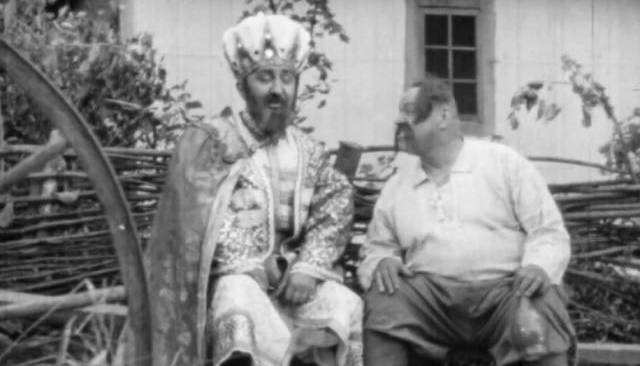
Thanks to the Provincial Archives of Alberta I’ve been able to fill in another small gap in my experience of Edgar G. Ulmer’s eclectic filmography; although scanned from a very ragged print, the Archives’ upload of the Ukrainian-language musical Cossacks in Exile (1938) reveals some interesting connections between the 18th Century history of Ukraine and what’s happening there today.
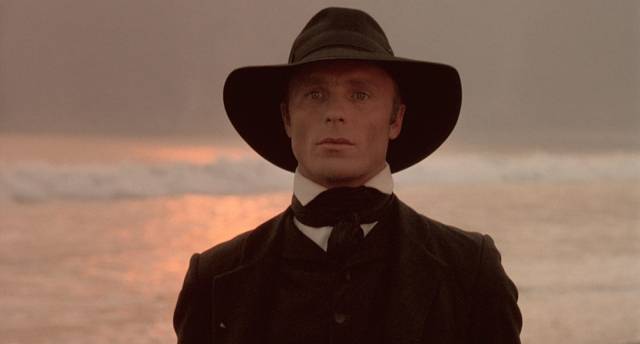
Criterion’s Blu-ray release of Alex Cox’s masterpiece Walker (1987) revives this deconstruction of America’s self-mythologizing at a time when its themes are more pertinent than ever; imperial attacks on domestic and foreign societies driven by a toxic mixture of religious self-righteousness and unfettered capitalist greed have been on the rise for decades and Walker traces the roots back to the mid-19th Century doctrine of Manifest Destiny.

When filmmakers attempt to tell a story in a single sustained shot they encounter a number of technical issues because they have to abandon many of the tools developed over the history of cinema. Two recent Japanese movie approach the challenge in very different ways, one (Yuji Shimomura’s Crazy Samurai Musashi [2020]) succumbing to the inherent limitations, the other (Shin’ichiro Ueda’s One Cut of the Dead [2017]) interrogating those limitations with great comic effect.

Eureka’s Blu-ray box set Cinematic Vengeance gathers together eight movies by Taiwanese director Joseph Kuo in the 1970s, an independent specialist in low-budget martial arts movies. These films are packed with great action scenes; the fight choreography, camerawork and editing are exceptional and, although Kuo throws in occasional bits of broad comedy, the tone is often quite dark, with endings that refuse to offer battered characters any final sense of triumph.
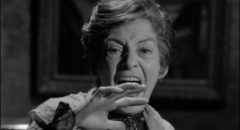
Indicator’s sixth box set of Hammer movies, Night Shadows, is a bit of a mixed bag, with a silly but entertaining Old Dark House throwback in John Gilling’s The Shadow of the Cat (1961), an overwrought psycho thriller in Freddie Francis’ Nightmare (1964), a historical adventure in Peter Graham Scott’s Captain Clegg (1962), and a pseudo-Gothic horror in Terence Fisher’s The Phantom of the Opera (1962).